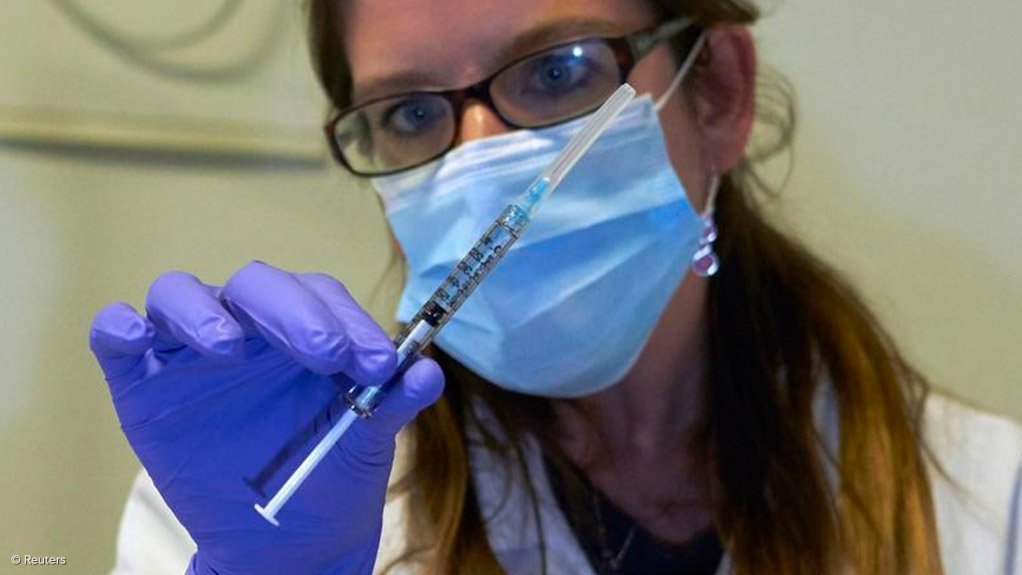The Bill & Melinda Gates Foundation will give $40-million, including to a Belgian biotech company and two leading African vaccine manufacturers, in a bid to boost access to mRNA vaccines for protection against various diseases in Africa.
Nivelles-based Quantoom Biosciences will get $20-million to advance work on its mRNA manufacturing platform, while the Institut Pasteur de Dakar in Senegal and Biovac in South Africa will get $5-million each to buy the technology. A further $10-million is available for other vaccine manufacturers who want to use the platform.
Vaccines made using mRNA revolutionised the world's response to the Covid-19 pandemic, but access was drastically inequitable. A number of initiatives have since been set up to tackle this and try to use the new technology for existing threats that disproportionately affect lower-income countries, such as malaria and tuberculosis.
The World Health Organization launched its mRNA vaccine technology hub in Cape Town in April this year. One member, Afrigen Biologics, has already made Africa’s first-ever mRNA vaccine for Covid-19 in the lab.
But mRNA vaccines remain expensive to produce, particularly at the scale needed to test and roll out safe and effective vaccines.
Quantoom’s platform, called Ntensify, allows batches of mRNA to be produced more cheaply and efficiently at scale, a Gates Foundation spokesperson told Reuters ahead of an announcement at its 2023 Grand Challenges Annual Meeting in Dakar on Monday.
“(This) is an important and necessary step towards vaccine self-reliance in the region,” said Dr Amadou Sall, chief executive of the Institut Pasteur de Dakar.
Ntensify was first developed using Gates’ funding to Quantoom’s parent company, Univercells, given in 2016.
Afrigen is already using the platform, including for the development of Rift Valley fever and gonorrhea vaccines. Gates and Afrigen said it could cut the costs of developing a vaccine by half compared to traditional mRNA technology.
"The second generation (of mRNA) is to reduce the cost," said Petro Terblanche, Afrigen's chief executive, on a phone call from Dakar on Sunday.
EMAIL THIS ARTICLE SAVE THIS ARTICLE
To subscribe email subscriptions@creamermedia.co.za or click here
To advertise email advertising@creamermedia.co.za or click here











